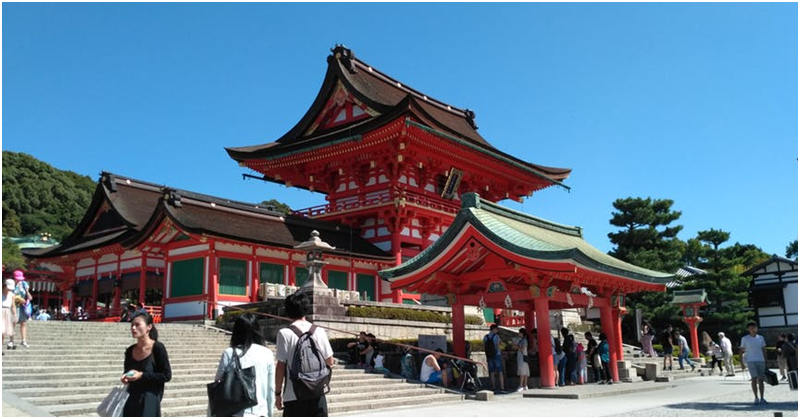Japan is known for a number of things. Other than its marked advances in technology and research efforts to improve the quality of life of everyone (through products that we’ve all come to appreciate through the years), Japan is also widely viewed as a country with deep traditional and familial ties.
As a word of caution, when visiting Japan, expect to see over-the-top attractions and a uniquely Japanese kind of culture, as seen in the streets of the city or even in the rural areas.
How to Behave in Japan
In order not to draw unwanted attention or even cause a commotion, here are some things which we need to keep in mind should we decide to visit or reside in Japan:
- Bowing is a sign of respect.
Forget formalities, bowing in Japan is considered part of their everyday lives. In this regard, the lower you bow to a person means the greater respect you offer them which is typically expected for people in authority, your boss, or even your elderly neighbour. Do this out of respect, and soon enough you will find this gesture well-appreciated by those you meet and those around you. A word of caution though: when bowing, do not come up before the other person finishes their bow. This is considered disrespectful by Japanese.
- Gift-giving is a welcome gesture in Japanese tradition.
While Japanese people are considered minimalists, it’s a good gesture to offer someone “simple” gifts as a way to let them know that you’ve thought about them. For example – when going on a trip somewhere, this may come in the form of small trinkets and mementoes (souvenirs) you can get from your trip.
- Making connections is big for Japanese people. Always have your business cards with you.
Whether you truly meant to engage someone in a business activity or not, it’s customary for people here in Japan to exchange business cards whenever possible (especially during first meetings). Also, remember to offer and receive business cards with both hands. This is a sign of great respect for the person who receives and gives something identical in return.
- Be ready to take off your footwear.
This is common here in Japan as this simple gesture is associated with respect for the homeowner and the people’s culture. When you do take off your footwear, you will be given slippers. Wear this to walk on floors and terraces but never in a tatami-matted room as these are delicate and will only do with bare feet.
- Mind your table manners.
While chopsticks are admittedly tricky to master, using this utensil can be learned. Along with its use, the culture behind it must also be understood. Just remember not to stick your chopsticks standing straight up on your bowl (of rice) as this is typically done in funerals here in Japan. Also, do not use your chopsticks to pass food around. Instead, pass the containers as much as possible. And finally, playing with chopsticks is considered rude, if not annoying.
While some may think it’s a bit rude to slurp your soup or noodles when eating, here in Japan, this is considered acceptable behaviour which means you are enjoying your meal.
As for drinks, when dining with a host, let others pour sake or drinks in your cup, do not do this yourself. Likewise, you should do the same thing for them. Reciprocating hospitality is a common gesture here in Japan.
- Dress appropriately for occasion(s).
There are plenty of rituals here in the country, and when invited to attend any of them, be sure to dress conservatively to keep the event as solemn and formal as possible. Avoid showing too much skin.
- Learn the language.
And while the Japanese people are very gracious about those who attempt to speak their language, the act in itself is a great sign respect for the Japanese culture (or any country for that matter). This shows your willingness to adapt to their culture, and society in general, which earns the favour of most people you get to meet here.
Obviously, the specifics can easily go on a very long list. However, the best to way understand these things by heart is by putting them into practice which is easiest to do when you’re actually staying here in Japan.
